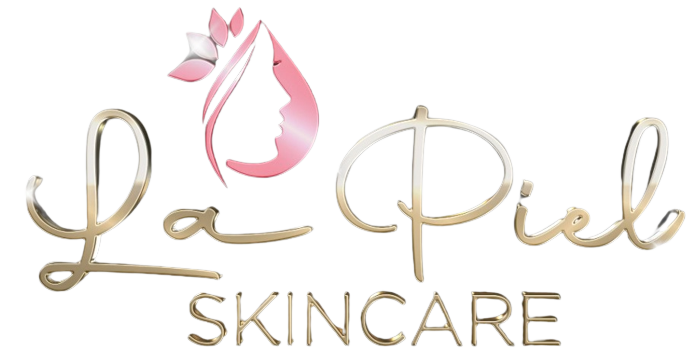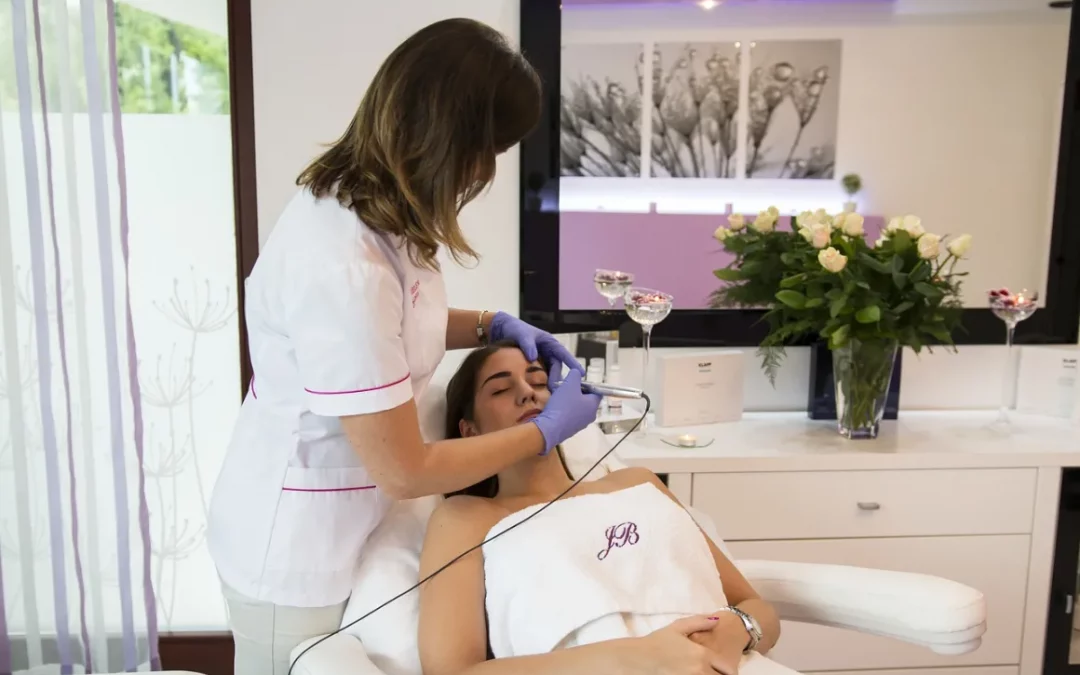Skin Problems: Many diseases affect your skin, and they can vary in symptoms. They can either be painful or benign, causing visual defects without any pain. Some diseases are permanent once formed, while others can be cured. Skin diseases are also governed by lifestyle and situation, while some are inherited and genetic. The way you can handle skin conditions depends on the type of skin condition.
The best way to treat skin conditions is by proper cleansing and maintaining good hygiene. Avoiding nylon clothes, dust, and stress can help you avoid many skin problems. For a deeper analysis of what different Skin Problems are and how they can be managed, let’s look at them one by one:
Acne:
Acne is a quite common disease, and almost every other person has it, especially during puberty. It is characterized by excess sebum production and acne breakouts which means pesky blisters and pimples over your face. The condition also involves whiteheads, blackheads, and painful cysts and nodules. Clogged pores are the main predisposing factor for this condition. Many people don’t know this, but acne is also caused by acne-causing bacteria, mainly Propionibacterium acnes.1 Acne is a condition that can be treated with caution and care but needs you to maintain the care lifelong, especially if acne is not associated with puberty and is due to your skin being acne-prone. Acne can darken skin and cause scar formation if not treated.
Solution:
Skincare to acne involves keeping your body hydrated, drinking plenty of water, and eating foods rich in vitamins A and E that can help cope with acne. Refrain from using oil-based skincare products on the skin and eating deep-fried foods. Use oil curbing cleansers and other skincare products that lift oil. Use gentle massage to exfoliate the skin without causing damage to the pimples. Keep in mind that harsh cleansing can trigger oil production and result in more damage. Keep a toner to lift excess oil whenever needed. Avoid the sun and avoid popping the pimples since it will leave a permanent mark. Some simple home remedies for acne are as follows:
- You can utilize apple cider vinegar diluted with water which contains some contents that fight acne-causing bacteria.
- Zinc can be used to promote cell turnover to promote healthy cell surfacing.2
- Mixing the cinnamon powder with honey to make a paste can be applied to reduce inflammation.
- Use diluted tree tea oil on spots.
- Utilize green tea extract to curb bacteria. It can be easily made by boiling tea leaves with 2 cups of water and cooling.
Hyperpigmentation:
Hyperpigmentation is when the pigment in the skin, melanin, becomes excessive. This makes the skin darker than usual. It is quite harmless but can affect the skin of any gender and race and commonly occurs on the face, arm, and legs. Sun exposure can give rise to this situation. Acne, inflammation, cuts, and burns also cause hyperpigmentation called post-inflammatory hyperpigmentation.
Solution:
The main skincare routine for hyperpigmentation is avoiding its cause. So, the solution lies in avoiding sun exposure and incorporating SPF protection as part and parcel of your skincare routine. Apply sunscreen whenever going out and reapply it after every 3 or 4 hours because that’s how long SPF can save you from the sun’s UV. Some quick remedies that can help lighten dark spots:
- Use diluted apple cider vinegar over dark spots.
- Use aloe vera gel over spots before bedtime.
- Soaking a cotton ball in some milk and applying it over dark spots twice a day can also provide you results.
- Using red lentil paste (soaked overnight and crushed) as a mask can also prove useful.
Melasma:
Melasma is a type of hyperpigmentation affecting the face and other areas due to hormonal changes in the body. It is commonly associated with pregnancy since major hormonal changes occur during this period.
Solution:
Melasma can subside as the pregnancy phase is over, but you can also use topical steroid treatment if it doesn’t. A skincare routine should involve using hyaluronic acid and alpha-arbutin-containing products that lighten the skin alongside hydrating it. You can utilize the following natural ingredient-based remedies for melasma:
- Applying turmeric paste, a powerful antioxidant, anti-inflammatory, and inhibits melanin production in the skin5, can be used for melasma spots.
- Black tea water can be used to soothe inflammatory pigmentation.
- Tomato paste with oil can also be used to lighten melasma.
Contact dermatitis:
Contact dermatitis is an allergic condition characterized by contact with some irritating chemical or solution. It is an occupational skin disease that makes the skin red, itchy, and inflamed. Although this condition mostly remains localized to the epidermis but can be rather itchy.
Solution:
The solution to this disease lies in avoiding chemical irritants and the use of soothing topical creams. This disease needs to be treated with the help of a doctor. Home remedies for contact dermatitis include:
- Use a cold compress on the affected parts.6
- If cold compresses don’t help, use lukewarm baths.
Eczema (Atopic dermatitis):
It is the inflammation of the skin that can be due to various causes, bacterial, fungal, or viral. It is characterized by yellow or white patchy scales that flake off. Affected areas become red, itchy, and oily. It is associated with hair loss.
Solution:
Depending upon the causative agent, treatment is moulded. Antibiotic or antifungal treatment coupled with steroids can be used to treat this condition. The itch can be soothed by the use of many home remedies, which include:
• Use natural aloe vera gel on affected areas. It has antimicrobial and calming effects.
• You can also use coconut oil to restore moisture to the skin and soothe itching.
• Honey is a natural ingredient that works well for almost every skin condition. It is endued with antimicrobial properties and has also long been used to heal wounds. You can dab a bit of honey into the affected area for relief.
One can come across many more skin conditions, but we’ve listed the most common ones, so if by chance you ever get affected by one, you know what you’re up against and how to cope with Skin Problems!

